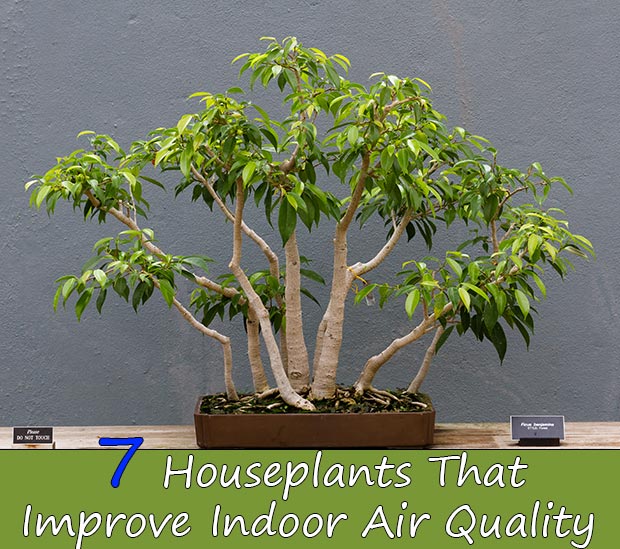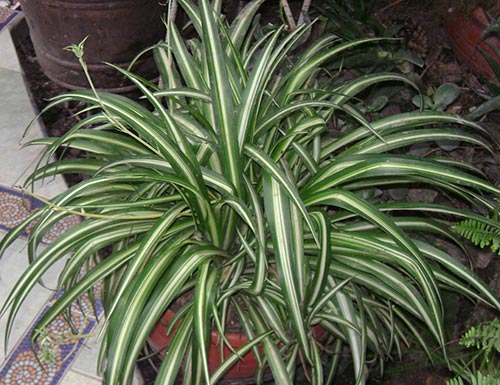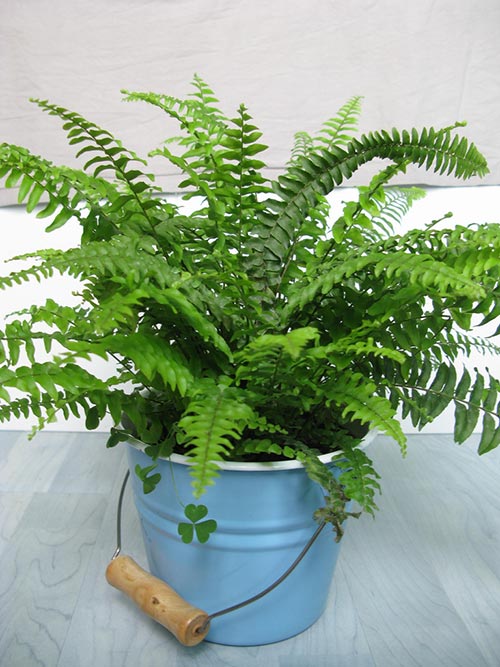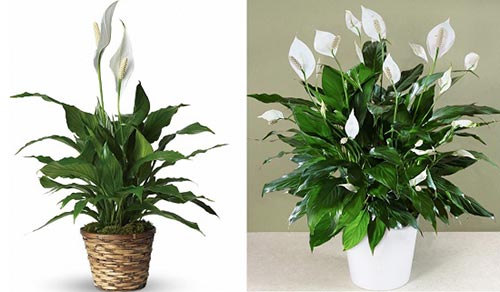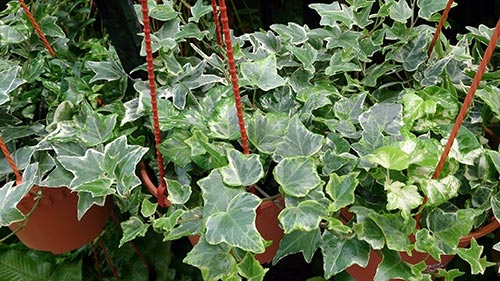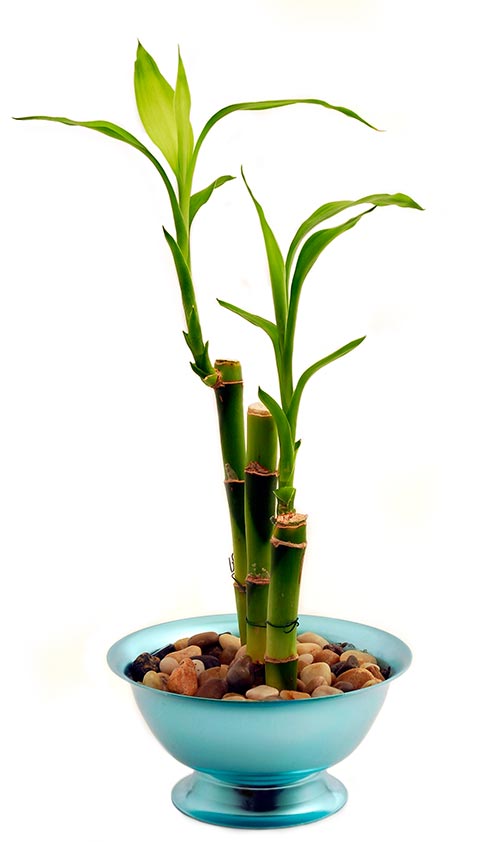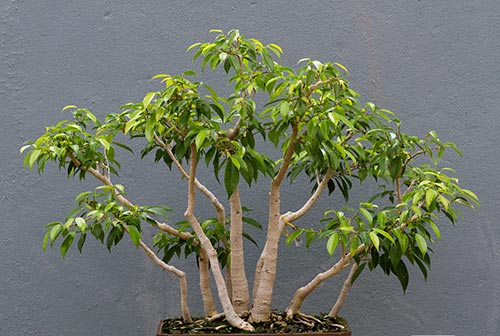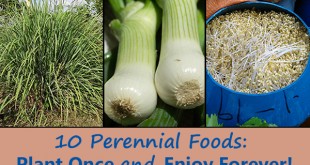7 Houseplants That Improve Indoor Air Quality
Depending on where you live, you may not get outside very much for fresh air and even if you can, the air outside isn’t exactly fresh. City dwellers tend to have more issues with breathing and lung function due to the constant exposure to pollution. Instead of buying expensive machines to clean the air (beyond normal air filters for your heating and air conditioning), consider adding some air cleaning houseplants instead!
If you enjoy having houseplants, chances are pretty good that you have at least one of the air-cleaning plants listed below.
Most people never really think about all the stuff that floats around in the air and eventually goes into our lungs. Air conditioners and filters are expensive and can only do so much before they are clogged and need replacing. The same rings true for air purifiers: the units are expensive to buy in the first place and then you are looking at years of maintenance and buying replacement filters several times a year. The cost is even higher when you are using HEPA filters!
Air quality is a growing concern and has been studied by the National Aeronautics and Space Administration (NASA) to learn ways they can keep the air clean. You can read about their findings by going here.
There are numerous plants that are commonly found in homes around the country and even the world that not only look nice, they are hardy and will also clean the air you breathe. Here are five very common and easy to take care of plants that will help remove pollution from the air in your home.
- Spider plant – If you have ever grown a houseplant, chances are pretty good it was a spider plant. These long leafed plants are especially easy to grow and can take a beating. They are shown to remove formaldehyde, xylene, and toluene from the air. These plants are hardy – I have brought one back from the dead before. There were no leaves left alive but I could see some roots that were still viable and after adding water only twice, it came back to life. The spider plant’s scientific name is Chlorophytum comosum. Also called the airplane plant.
- Sword Fern – Also called the Boston Fern, Nephrolepis exaltata, is a full bodied plant that removes formaldehyde, xylene, and toluene from the air. Its bright green color will not only perk up any area, it can survive through frosts and return the next year. Since it will be inside to help clean the air, this plant will do its job year round. They work very well in hanging baskets.
- Peace Lily – A gorgeous flour, the Peace Lily (part of the Spathiphyllum species) has large and broad leaves. This plant will remove not only formaldehyde, xylene, and toluene, it also removes trichloroethylene, ammonia, and benzene from the air you breathe. It is an air cleaning powerhouse! The flowers are gorgeous and will serve to look good as well as purifying.
- English Ivy – Hedera helix is a plant you have likely seen a lot in your life due to its popularity and easy care maintenance, not to mention the staggering rate of growth. These plants climb and grow fast! Some people might consider them nothing more than an invasive plant or weed – largely because you most often see this plant climbing the walls or up the trellis on abandoned homes and buildings. The fact that it cleans out formaldehyde, xylene, and toluene, trichloroethylene, and benzene is reason enough to bring these lovely, large leafed plants inside.
- Bamboo – Bamboo palms are part of the Chamaedorea family that have 107 different species. These plants are fantastic for your home and work area, take up little space, and can live through drier than usual conditions (like when you forget to water). These plants remove formaldehyde, xylene, and toluene from the air.
- Aloe Vera – A well documented beneficial plant to have around, Aloe Vera (Aloe barbadensis) removes formaldehyde and benzene from the air. It requires little water and prefers a lot of sunshine but can do well in artificial light, too. Of course, aloe also has the added benefit of being excellent treatment for burns, scrapes, and abrasions.
- BONUS: Ficus Tree – Prefer to have a nice little tree? Ficus benjamina, otherwise known as the Weeping Ficus or just ficus, are great little flowering trees that also help clean the air you breathe. It will remove formaldehyde, xylene, and toluene. These mini trees take up little space, will thrive without natural light, and can take being drier than usual for those forgetful waterers. It has the potential for getting rather large (as far as mini trees go) but they are easily clipped back to fit where you need them to.
Safety Considerations
Before you decide which plants you like and rush out to buy some, there are some things you need to consider about your home. Certain plants can cause allergic reactions while others are not good for homes with pets. Cats, in particular, are known for nibbling on leaves and won’t know that the plant they are eating is poisonous to them. The same is true for dogs though there tend to be less cases of poisoning by plant with them versus cats.
If you have birds that you allow to be out of the cage, make sure that the plants they may land on (or nibble on) are safe for them, too!
Other considerations would include your climate, temperature preferences in your home, and sun exposure. Certain plants require direct sunlight for so many hours a day while others prefer the shade. You wouldn’t want to bring a cool weather loving plant in your home if you keep the temperature around 80 degrees (F).
It has been well documented that having house plants can boost your mood, clean the air, and make your home more welcoming. Especially when it is cold outside, house plants remind us that even though it may be freezing outside, it will pass and things will turn green once again!
Pin for Later

 Home and Gardening Ideas At home and Gardening ideas we believe inspiring readers about homesteading, self sufficiency
Home and Gardening Ideas At home and Gardening ideas we believe inspiring readers about homesteading, self sufficiency
